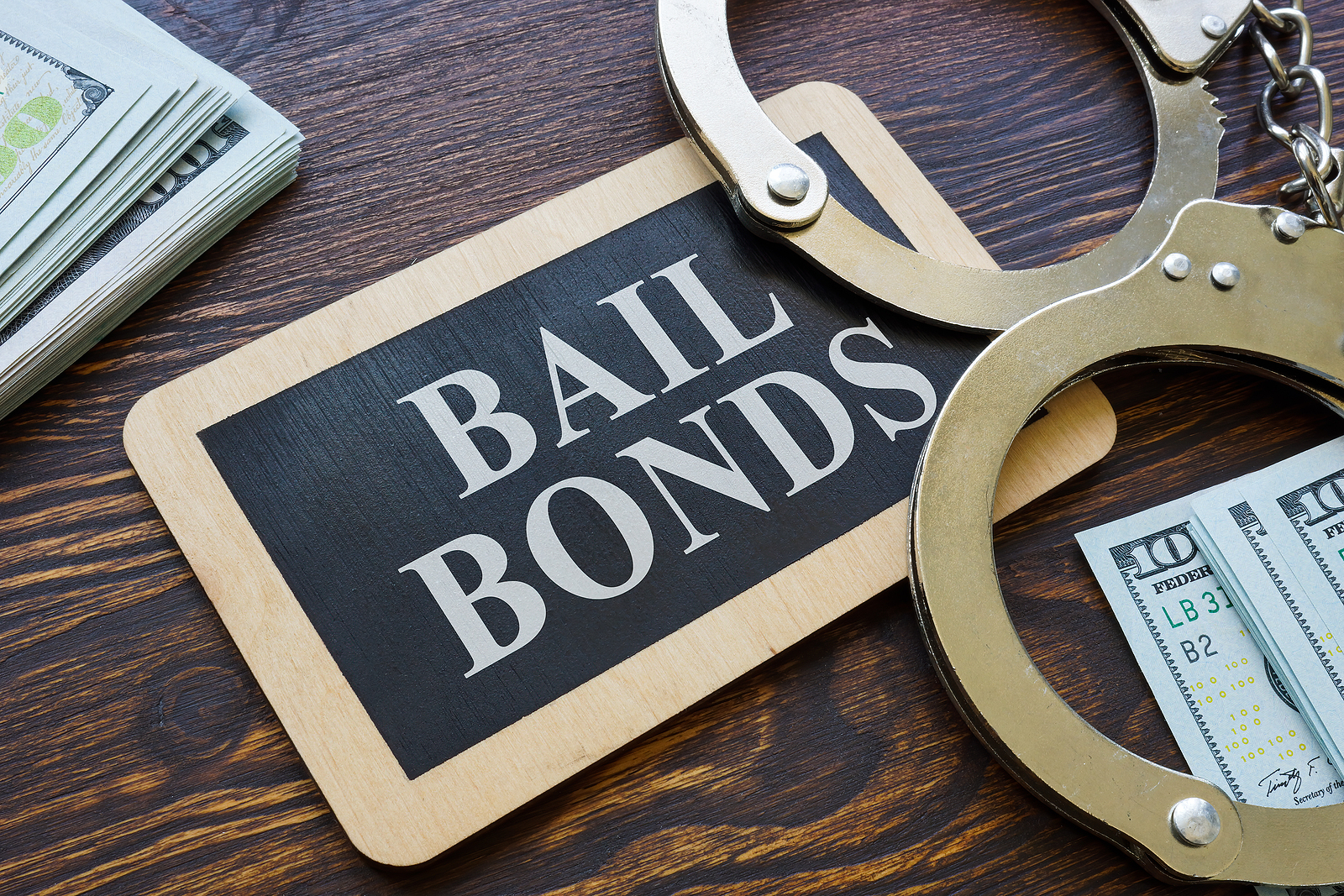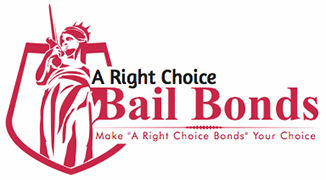 Most people jailed for a supposed crime are eligible for bail, especially if the crime is relatively minor. However, there are some situations in which bail bonds are denied. The judge presiding over the case is empowered to deny bail for an arrested individual for the reasons detailed below.
Most people jailed for a supposed crime are eligible for bail, especially if the crime is relatively minor. However, there are some situations in which bail bonds are denied. The judge presiding over the case is empowered to deny bail for an arrested individual for the reasons detailed below.
The Suspect Is a Flight Risk
If the individual charged with the crime is considered to be a flight risk, meaning he or she might be inclined to leave town prior to the follow-up hearing, the judge might deny bail. If there is even a slight risk that the charged party will depart the region, leave the state, or possibly even leave the country altogether, the judge will use their legal authority to deny bail. As an example, a criminal with a track record of breaking the law and those who have fled or attempted to flee the area in the past after being charged with a crime will likely be considered a flight risk and denied bail.
The Severity of the Alleged Crime Puts the Suspect’s Character Into Question
The severity of the supposed criminal act is one of the primary reasons why judges deny bail. As an example, an individual charged with a violent crime, whether it is armed robbery, murder, or rape, will likely be denied bail. The bottom line is the judge has the power to determine the supposed criminal act is severe enough to justify denying bail, ultimately meaning the accused party will remain in jail prior to the trial.
Disrespectful Behavior in Court Will Lead to a Bail Bond Denial
A suspect who acts disrespectfully toward the judge or opposing counsel during his or her court hearing can be denied bail. Even a brief verbal outburst while in court can lead to the bail application being denied, leaving the right to bail tenuous. “Misbehavior” in court will likely cause the judge to view the bail applicant in a different light, ultimately denying the request and requiring that the defendant remain in jail until the trial takes place. Even if the suspect does not have a track record of committing crimes or failing to appear in court, disrespectful behavior in a court of law is all that is necessary to convince the judge to deny bail.
A Repeat Offense
The judge will take a close look at the suspect’s criminal record when making a decision pertaining to bail. If the suspect’s record shows prior bail applications for a similar crime or the same exact crime, the judge might decide it is prudent to deny the application for bail. Furthermore, a criminal who committed similar offenses in the past and did not apply for bail or receive bail is also unlikely to have his or her bail request approved upon application due to a history of criminal activity.
Failing to Appear in Court
Individuals awaiting trial are required to attend pretrial court hearings. However, if the suspect misses one or several of these mandatory court appearances, the judge is likely to deny bail. Skipping court appearances indicates the suspect is not dependable and unlikely to appear on the day of the trial.
The Defendant Is a Threat to the Public
The judge has the right to determine the suspect is a threat to the general public. If the crime in question is violent or if the suspect has a history of violent behavior, the judge might determine it is better to deny bail so he or she cannot reenter the public sphere and potentially inflict even more pain on innocent individuals.
A Right Choice Bail Bonds Is on Your Side
If you, a family member, or a friend are jailed after being accused of a crime, you should know help is available. A Right Choice Bail Bonds is on your side even if it feels as though the world is against you or your loved one in need of help. Reach out to us today to learn more about how our bail bond service can restore your freedom or that of a family member or friend after an arrest. You can contact us by phone at (337) 429-2996 or reach us through our contact form.
